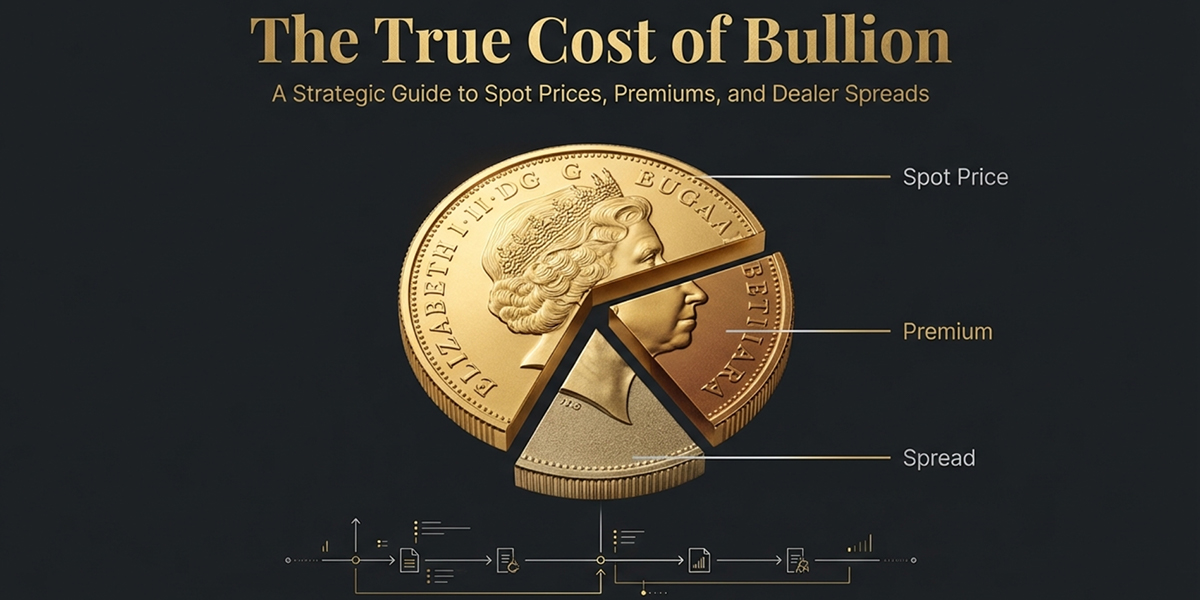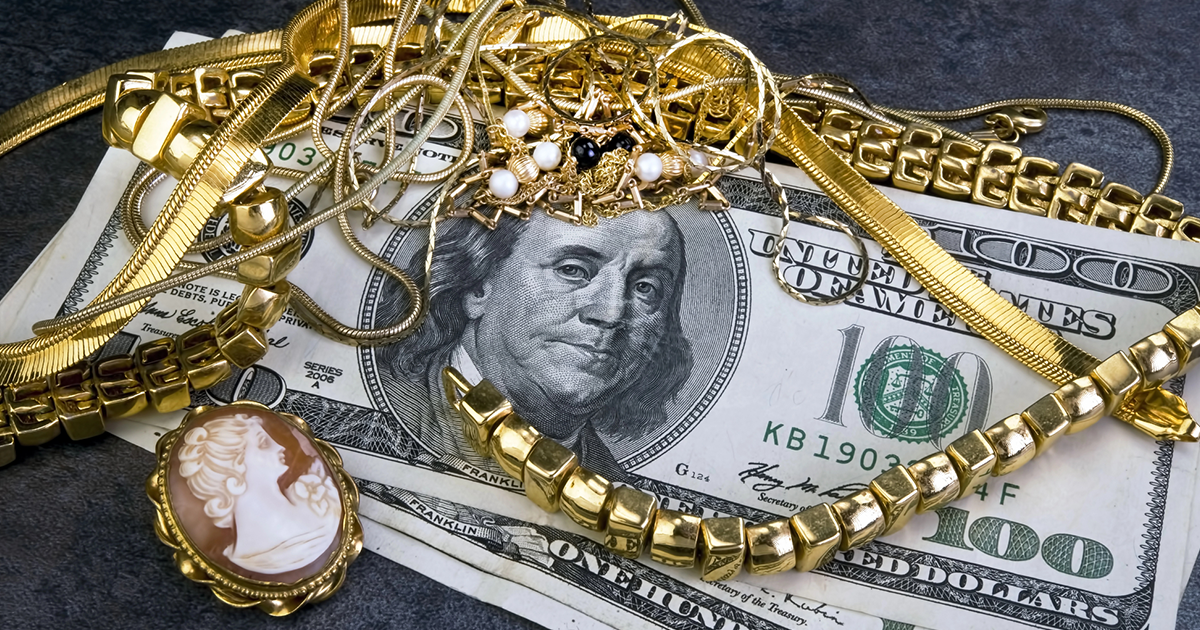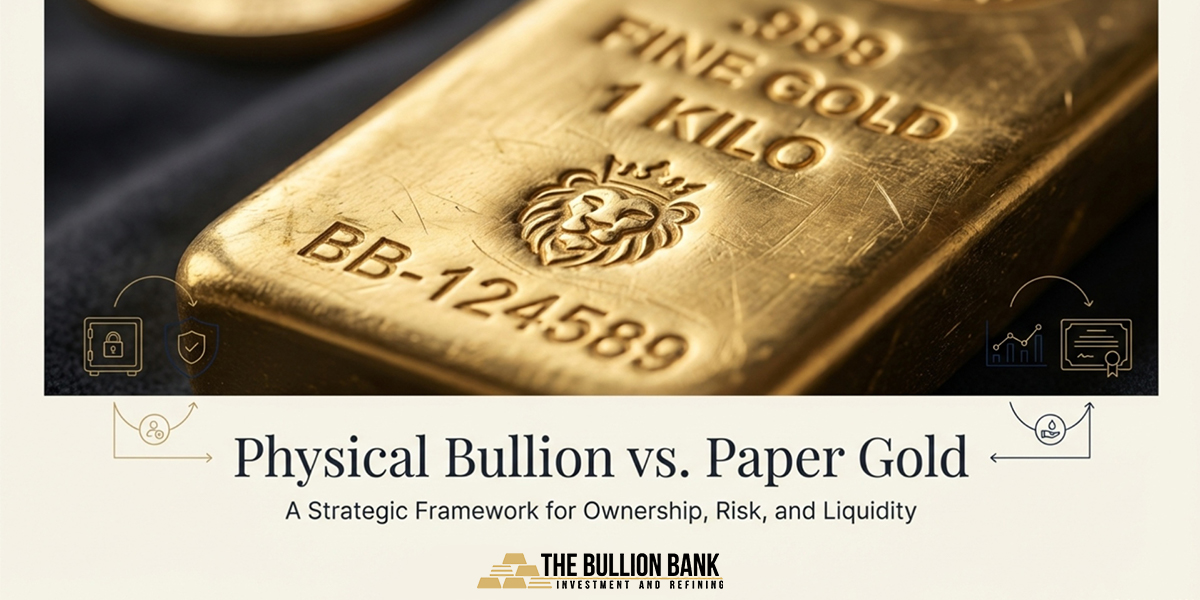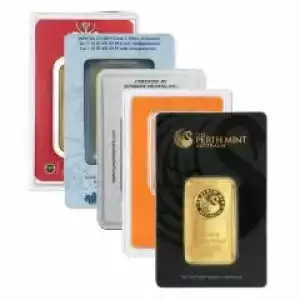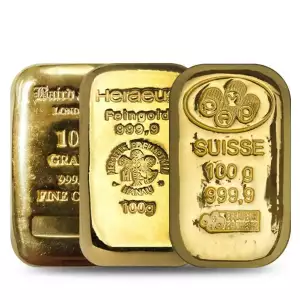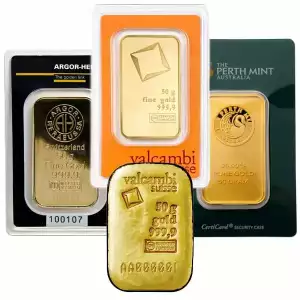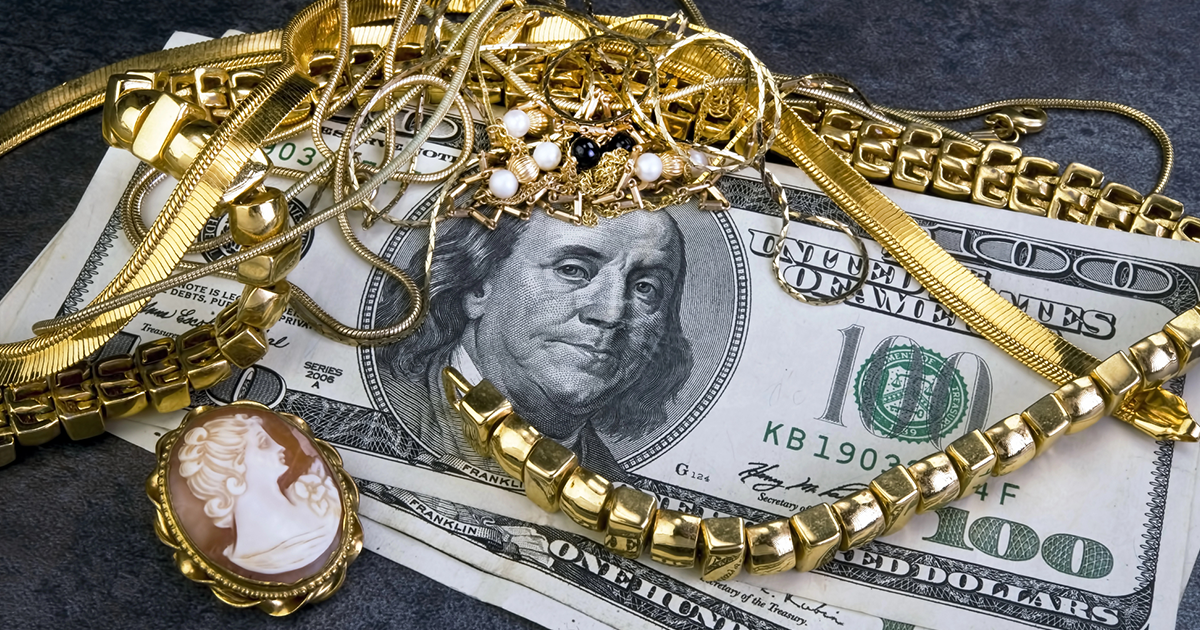
Turning Jewelry into Cash
Many people hold valuable jewelry, from gold rings to platinum necklaces, without realizing that these pieces can easily be converted into cash. Whether you need quick funds or want to invest in precious metals, understanding how to sell jewelry for its metal value is crucial.
Many customers have successfully turned their jewelry into cash, demonstrating the reliability and trustworthiness of this process.
Not all jewelry sales are equal. The price you get depends on whether you are selling based on retail value, collectible value, or cash for gold value — the market rate for the metal itself. Knowing this difference helps you make informed decisions and ensures you get the most from your jewelry.
Understanding Bullion Value
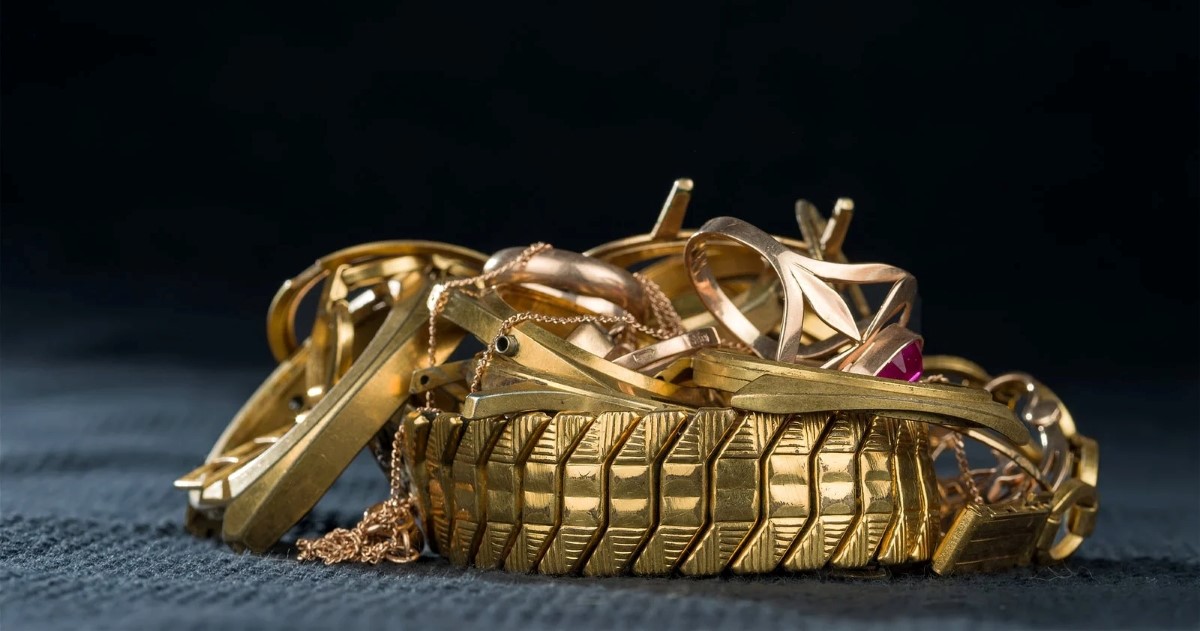
What Determines Bullion Value
When you sell jewelry for its metal content, the value is primarily determined by:
- Weight of the Metal – The heavier the piece, the more valuable it is in bullion terms.
- Purity of the Metal – Gold, silver, and platinum are graded by purity (e.g., 24K gold, .999 silver). Higher purity equals higher bullion value.
- Spot Price – This is the current market price per ounce for each metal, which fluctuates daily.
Your jewelry’s cash for gold value is calculated by multiplying weight × purity × spot price. Unlike retail or antique value, this reflects only the precious metal content.
Difference Between Jewelry Value and Bullion Value
- Jewelry Value: Includes craftsmanship, brand, design, and stones. For example, a diamond-studded gold ring may have a high retail price but relatively modest bullion value.
- Bullion Value (Cash for Gold): Focuses purely on metal content. A simple gold chain could be more valuable in bullion terms than a costume jewelry piece with stones.
Understanding this distinction ensures you know what you are actually selling — the precious metal, not the design.
How Spot Prices Affect Your Sale
Metal prices fluctuate due to market demand, economic trends, and global events. Selling when spot prices are high can significantly increase your proceeds. Checking live gold, silver, and platinum prices online before selling is a must.
Preparing Your Jewelry for Sale
Proper preparation can maximize your return. Here’s how to get ready:
When sending valuable jewelry, always use insured mail services such as Royal Mail Special Delivery. This ensures your items are protected during transit and provides tracking for added security. The cost of insurance depends on the value of your shipment, but it is a small price to pay for peace of mind and safeguarding your valuables.
Sorting by Metal Type
Separate your gold, silver, and platinum pieces. Buyers often price each metal differently, and knowing what you have helps get accurate offers.
Removing Non-Metal Components
Some jewelry contains stones, pearls, or other materials. Many dealers will remove these before calculating cash for gold value. Removing non-metal parts yourself can sometimes improve clarity and speed in the appraisal process.
Evaluating Condition and Authenticity
Even when selling for bullion value, ensuring your jewelry is genuine is critical. Counterfeit or low-purity items will fetch much less. Consider:
- Weighing each piece accurately
- Checking for stamps (e.g., 14K, 18K, .999 for silver)
- Obtaining a quick authentication from a reputable dealer if unsure
Finding the Right Buyer
Selling to a Reputable Dealer
The most straightforward way to convert jewelry into cash is selling to a trusted dealer, like The Bullion Bank. Benefits include:
- Transparent pricing based on current spot prices
- Fast transactions and immediate payment
- Professional assessment of weight and purity
- Reputable dealers pay promptly and process payments quickly, ensuring you receive your funds without delay
After evaluating your jewelry, the dealer will make a purchase offer and complete the purchase with immediate payment, providing a fair and transparent transaction.
Online vs Local Buyers
- Online Buyers: Convenient, often provide instant quotes. Payments can be made directly to your bank account or PayPal account, or by deposit, offering flexibility in how you receive your money. Items are typically sent by mail to online buyers, with many services using secure and insured postage for added convenience and security. Make sure they are accredited and have positive reviews.
- Local Shops: Offer in-person evaluation and immediate payment but may have lower offers.
Choose the method that balances convenience, trust, and the best price.
Tips for Getting the Best Price
- Check the Current Spot Price – Don’t sell if prices are temporarily low. Timing can make a difference.
- Get Multiple Appraisals – Comparing offers ensures you aren’t underpaid.
- Prepare Documentation – Certificates of authenticity, original receipts, and metal stamps can speed up appraisal and prevent disputes.
- Separate Metals and Styles – Selling similar types together often results in a higher total price.
- Appraise Luxury Watches Separately – Selling luxury watches can yield high returns, so have them appraised individually to maximize their value.
Common Mistakes to Avoid
- Selling Jewelry with Stones Without Evaluation – Some stones can increase retail value, but bullion buyers focus only on metal.
- Ignoring Metal Purity or Weight – Small differences in karat or weight can affect payouts significantly.
- Not Checking Buyer Reputation – Avoid scams; always verify credentials and reviews.
- Accepting the First Offer – You can often negotiate or find better deals elsewhere.
Final Thoughts
Selling jewelry for its bullion value or as cash for gold is a fast, secure, and profitable way to turn unused items into liquid funds. Understanding the difference between retail and bullion value, preparing your pieces carefully, and choosing reputable buyers ensures you maximize your proceeds.
Whether you are selling gold, silver, or platinum, the key is knowledge — know what your items are worth in metal content, compare offers, and make an informed choice.
FAQs
Q: Can I sell broken or outdated jewelry?
A:Yes, most dealers buy broken or old pieces for their bullion value. Only the metal content matters.
Q: How do I know my jewelry’s bullion value?
A:Check its weight, purity (karat), and current spot price, or get a professional appraisal.
Q: Do I get more selling to a dealer or a pawnshop?
A:Reputable bullion dealers typically offer higher payouts than pawnshops, which often price for resale profit.
Ready to sell? Don’t risk low offers — join 1,000+ customers who trust The Bullion Bank for fast, fair, and secure gold sales → Questions? Contact our experts for friendly, no-pressure advice.

